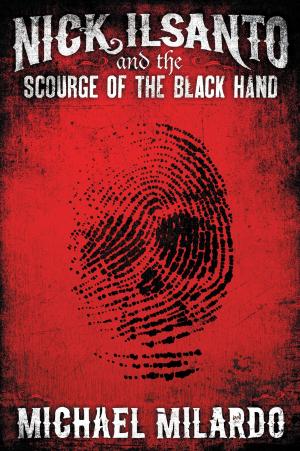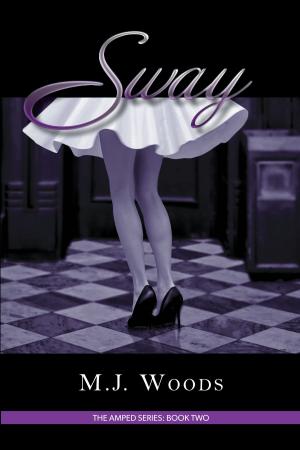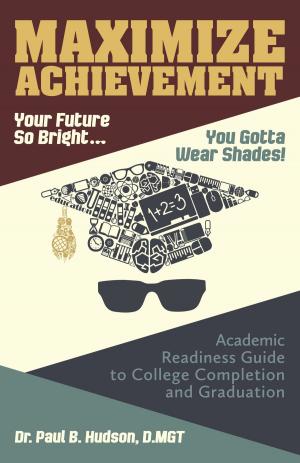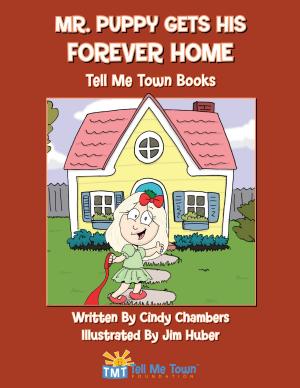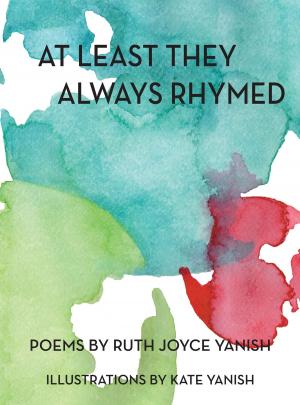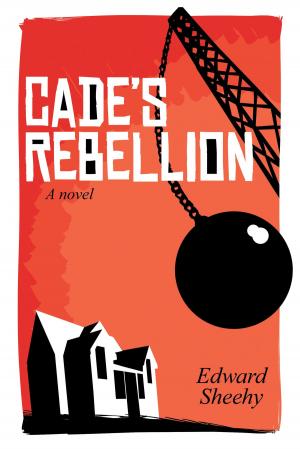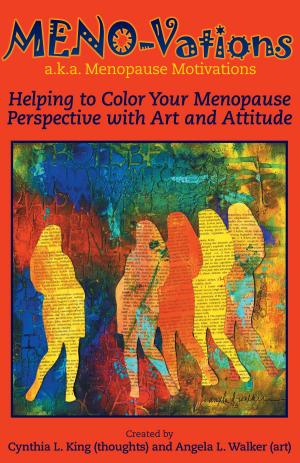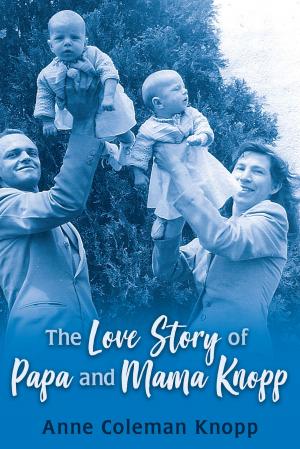Folks on the Home Front: Letters from the First World War
Nonfiction, History, Military, World War I| Author: | Margaret Porter Griffin | ISBN: | 9781457558931 |
| Publisher: | Dog Ear Publishing | Publication: | September 15, 2017 |
| Imprint: | Dog Ear Publishing | Language: | English |
| Author: | Margaret Porter Griffin |
| ISBN: | 9781457558931 |
| Publisher: | Dog Ear Publishing |
| Publication: | September 15, 2017 |
| Imprint: | Dog Ear Publishing |
| Language: | English |
People living in the Midwest in the years 1916-1919 were experiencing rapid change: the first automobiles, the first airplanes, modern weaponry, and a massive, unified war movement that was nothing like their parents or grandparents had ever seen.
A young Indiana National Guardsman, Jesse Covell, began to give glimpses of military life to family and friends in his letters: to one girl, Margaret Beck, in particular. They corresponded as troops were sent to the Mexican border and then to training camps to prepare to go overseas.
Everything took more time then: growing their own food and crops, cooking, cleaning house, and going places. They all sat down and wrote what was happening where they were, which included poignant accounts of how Spanish Influenza was affecting almost everyone.
Letter writing was an art form from the salutation to the closing, with authors particular about their longhand script. News of home was important to soldiers in camp. Jesse’s brother had forty bushels of potatoes in the cellar…”and they ain’t all dug yet.” His sister was sending maple syrup from trees at the farm to him, and his mother, a homemade cold remedy. There was no cure for the diphtheria which took the lives of two young sisters in a week; neighbors suddenly died, as well as soldiers on U.S. soil and abroad, in the flu epidemic.
Sweethearts like Margaret waited and wondered. As they hoped for leaves, there was constant worry about when batteries would be ordered to join the Allied Forces in France. They were planning for the future, but didn’t know what this terrible war would do to change it.
On the happy side, they could attend a medicine show, a county fair, a silent Charlie Chaplin movie, or a box social. When they really celebrated on the night of the Armistice, they put together an outrageously decorated truck to drive through the center of town, one shotgun blast after another.
Oh, how they loved baseball. Organized teams played in the country at the four corners, but Mother didn’t care for it because they’d hit balls into her field and have to go get them. And they saved everything: old woolen shirts, blossoms from fading lilacs, and of course, the letters, which tell us a story we wouldn’t know otherwise.
People living in the Midwest in the years 1916-1919 were experiencing rapid change: the first automobiles, the first airplanes, modern weaponry, and a massive, unified war movement that was nothing like their parents or grandparents had ever seen.
A young Indiana National Guardsman, Jesse Covell, began to give glimpses of military life to family and friends in his letters: to one girl, Margaret Beck, in particular. They corresponded as troops were sent to the Mexican border and then to training camps to prepare to go overseas.
Everything took more time then: growing their own food and crops, cooking, cleaning house, and going places. They all sat down and wrote what was happening where they were, which included poignant accounts of how Spanish Influenza was affecting almost everyone.
Letter writing was an art form from the salutation to the closing, with authors particular about their longhand script. News of home was important to soldiers in camp. Jesse’s brother had forty bushels of potatoes in the cellar…”and they ain’t all dug yet.” His sister was sending maple syrup from trees at the farm to him, and his mother, a homemade cold remedy. There was no cure for the diphtheria which took the lives of two young sisters in a week; neighbors suddenly died, as well as soldiers on U.S. soil and abroad, in the flu epidemic.
Sweethearts like Margaret waited and wondered. As they hoped for leaves, there was constant worry about when batteries would be ordered to join the Allied Forces in France. They were planning for the future, but didn’t know what this terrible war would do to change it.
On the happy side, they could attend a medicine show, a county fair, a silent Charlie Chaplin movie, or a box social. When they really celebrated on the night of the Armistice, they put together an outrageously decorated truck to drive through the center of town, one shotgun blast after another.
Oh, how they loved baseball. Organized teams played in the country at the four corners, but Mother didn’t care for it because they’d hit balls into her field and have to go get them. And they saved everything: old woolen shirts, blossoms from fading lilacs, and of course, the letters, which tell us a story we wouldn’t know otherwise.

